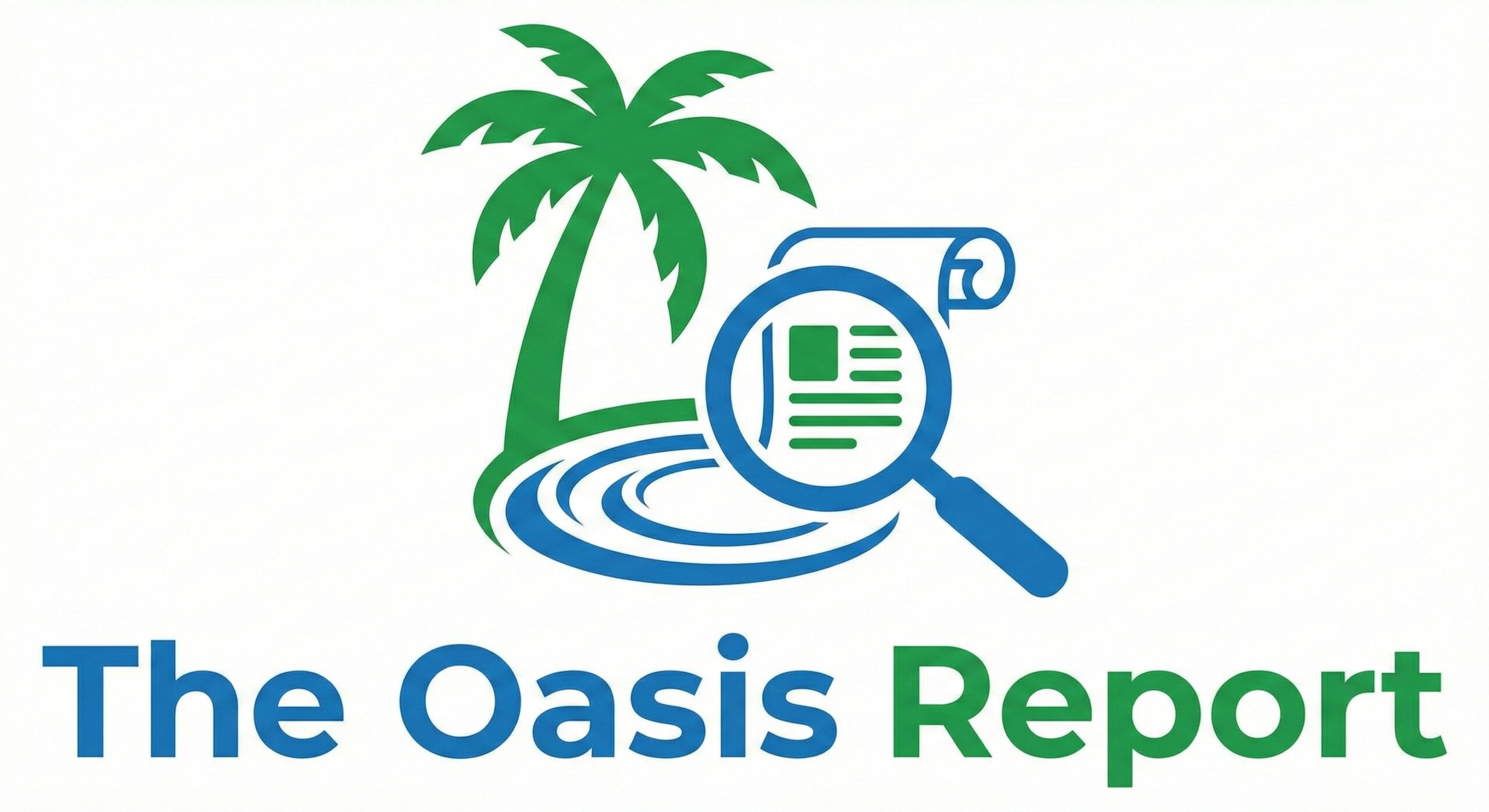Malaysia-based Lithuanian artist Ernest Zacharevic has filed a lawsuit against low-cost airline AirAsia and its parent company Capital A. Berhad for using one of his most famous works of art on an aircraft without permission.
According to the complaint, Zakarevich’s famous street painting “Children on Bicycles,” which he painted in a heritage area in George Town, Penang state, in 2012 was “reproduced and displayed” as part of the exterior design (livery) of an aircraft owned by the company in late 2024.
The artist acknowledged that the work was used “without authorization or license” and noted that the design was later removed after he publicly raised the issue on social media.
The “Children on Bicycles” painting is one of George Town’s most prominent artistic landmarks. It depicts two smiling children riding real bicycles attached to the wall, making it a famous tourist attraction where tourists are constantly taking pictures.
Zakarevich said he saw the plane himself at the airport and described the situation as “a bit insulting”, stressing that the work was “an independent artistic creation and not just a general cultural symbol”.
Court documents reveal that the artist was in discussions with the company in 2017 about the possibility of installing artwork on its aircraft and offices, meaning (according to his claims) that the company was fully aware of the nature of his work and the conditions of his profession.
Despite subsequent negotiations between the parties, no settlement has yet been reached, but the artist is out of court to determine potential compensation.
The incident came as Asia’s largest low-cost airline AirAsia announced plans to resume flights from Kuala Lumpur to London via Bahrain, returning to the British capital for the first time in more than a decade.
The company has not yet made any official comment regarding the lawsuit.
Ernest Zakarevich, a Lithuanian artist living in Malaysia, has filed a lawsuit against low-cost airline AirAsia and its parent company Capital A Berhad for using one of his most famous works on its aircraft without his consent.
The complaint alleges that Zacharevic’s famous street painting “Children on Bicycles,” created in 2012 in a heritage area in George Town, Penang state, was “reproduced and displayed” as part of the exterior design (livery) of one of the company’s aircraft in late 2024.
The artist acknowledged that the use of the work was “without permission or license” and noted that the design was later removed after raising the issue publicly via social media.
The painting “Children on Bicycles” is considered one of Georgetown’s most prominent artistic landmarks, depicting two smiling children riding real bicycles mounted on a wall, and is a major tourist attraction that tourists endlessly take pictures of.
Zakarevich said he saw the plane himself at the airport, calling the situation “a little insulting” and stressing that the work was “an independent artistic creation and not just a general cultural symbol.”
Documents in the lawsuit reveal that the artist was in talks with the company in 2017 about the possibility of creating artwork for the company’s aircraft and offices. This means (according to his claims) that the company was fully aware of the nature of his work and the conditions of his profession.
Despite subsequent discussions between the parties, no settlement has been reached so far, with the artist leaving it to the courts to determine the amount of potential compensation.
The incident comes as Asia’s largest low-cost airline AirAsia announced plans to resume flights from Kuala Lumpur to London via Bahrain, returning to the British capital for the first time in more than a decade.
The company has not yet made any official comment regarding the lawsuit.


